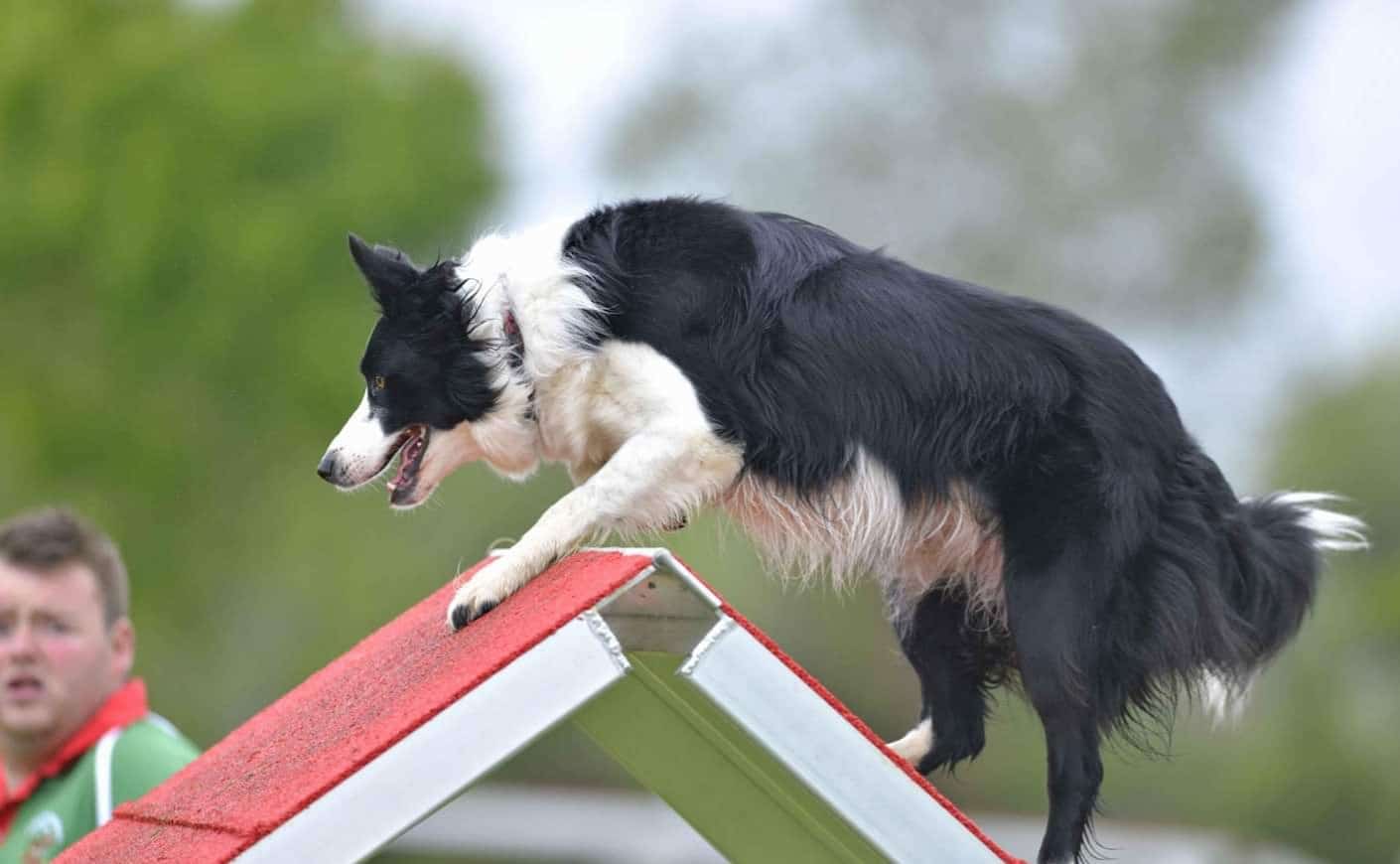Dog Training Strategies to Solve Common Behavior Problems
Dog Training Strategies to Solve Common Behavior Problems
Blog Article
The Ultimate Overview to Dog Training: Change Your Pet dog's Behavior
Efficient canine training is crucial for cultivating an unified connection in between pet dogs and their owners. This guide not only aims to equip you with the needed tools to transform your canine's habits however also welcomes you to check out just how these foundational ideas can lead to a deeper link with your family pet.
Comprehending Canine Behavior
Recognizing dog habits is crucial for reliable training and a harmonious partnership in between dogs and their owners. A pet's behavior is affected by a combination of genes, environment, and experiences. Dog training. Recognizing these aspects allows owners to tailor their training approaches to satisfy the specific requirements of their family pets
Pets connect largely through body movement, articulations, and facial expressions. For instance, a wagging tail can show excitement or joy, while a tucked tail might signal concern or submission. Observing these cues enables owners to react appropriately, reinforcing positive habits and addressing unfavorable ones properly.
Furthermore, understanding the social structure of pets can offer understandings into their behavior. Pet dogs are pack animals, and they flourish in an organized atmosphere. Developing regular guidelines and clear limits can protect against confusion and promote a feeling of security.
In addition, acknowledging the natural instincts of dogs, such as the desire to chase or dig, is essential. These instincts can be redirected through appropriate outlets, such as play or workout. By comprehensively recognizing these behavioral aspects, owners can cultivate a favorable training experience, eventually causing a loyal and well-adjusted canine friend.
Necessary Educating Techniques
Efficient pet dog training counts on a variety of necessary strategies that can considerably improve the discovering process for both the dog and the owner. One essential method declares reinforcement, which entails fulfilling preferable behaviors with deals with, praise, or playtime. This method motivates pet dogs to repeat the actions that lead to positive outcomes, cultivating a relying on relationship between the family pet and owner.
Another secret method is uniformity in commands and expectations. Utilizing the exact same verbal hints and hand signals aids the pet comprehend what is needed, reducing confusion and advertising quicker understanding. Additionally, establishing clear limits and regulations is critical for efficient communication.
Socialization is also a vital component of training. Revealing pet dogs to different settings, individuals, and various other pets helps them create ideal social skills and decreases stress and anxiety in strange circumstances.
Finally, persistence and timing are essential. Educating sessions need to be brief but regular, making sure that the pet remains engaged and responsive. By using these vital strategies, owners can develop a positive and organized training experience that promotes great actions and enhances the bond with their canine friends.
Creating an Educating Arrange
Exactly how can a well-structured training schedule enhance a pet dog's knowing experience? A training schedule gives uniformity, making sure that dogs receive regular, focused instruction. This predictability helps canines recognize what is expected of them, enhancing their knowing and permitting better retention of commands and actions.
When developing a training schedule, it is vital to consider the pet dog's age, type, and specific personality. Young puppies may take advantage of shorter, extra constant sessions, while grown-up canines might love longer, much less frequent training durations. Including a selection of activities can additionally keep the sessions engaging, preventing monotony and advertising interest for learning.
Additionally, scheduling training sessions at specific times of the day can aid solidify a Continued regimen. For example, coupling training with daily strolls or play can produce a positive association with learning. It is additionally important to include time for reinforcement, such as deals with or praise, to award wanted actions without delay.
Finally, versatility is vital. While uniformity is vital, being versatile to the canine's state of mind or power degree can enhance their discovering experience. A well-crafted training timetable eventually lays the structure for reliable communication and a stronger bond in between the pet dog and proprietor.
Typical Training Challenges
In spite of having a well-structured training schedule, pet dog proprietors often experience various challenges throughout the training process. One usual problem is variance in commands and hints. When numerous member of the family use various terms or tones, a pet dog might end up being baffled, preventing its capability to learn efficiently.
An additional frequent obstacle is diversion. Dog training. Canines are naturally curious animals, and exterior stimuli such as other pets, sounds, or individuals can divert their focus throughout training sessions. This requires owners to create a controlled setting or slowly introduce interruptions to reinforce focus
In addition, differing power degrees can influence training end results. High-energy pet dogs may battle to calm down and concentrate, while more laid-back breeds might need extra motivation to engage. Tailoring the training approach to fit the specific pet dog's personality is important for success.

Building a Strong Bond
A solid bond in between a pet dog and its proprietor is essential for successful training and general well-being. Dog training. This connection fosters depend on, which is critical for effective interaction during the training process. When a canine really feels secure and connected to its owner, it is more probable to respond positively to commands and signs
To build this bond, consistency is essential. Developing a regimen that includes routine feeding, workout, and training sessions aids produce a sense of stability. Additionally, favorable support strategies, such as deals with, praise, and play, reinforce wanted actions that site while strengthening the psychological link.
Socializing is an additional vital aspect of bond-building. Subjecting your canine to various environments, people, and various other pets helps them really feel a lot more comfy and positive, improving the bond with their proprietor. Taking part in activities together, such as walking, playing bring, or getting involved in obedience training, promotes teamwork and mutual enjoyment.
Verdict

Understanding dog habits is essential for effective training and a harmonious connection in between pet dogs and their owners.Effective canine training counts on a range of crucial methods that can substantially boost the learning process for both the dog and the proprietor.Despite having a well-structured training timetable, canine proprietors commonly run into various difficulties during the training procedure.In conclusion, effective dog training depends on a detailed understanding of canine actions, the application of important methods, and the facility of a structured training routine. By highlighting favorable support and consistency, pet dog proprietors can considerably enhance their animals' actions, inevitably making sure an unified connection and advertising the health of both the dog and its setting.
Report this page